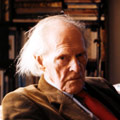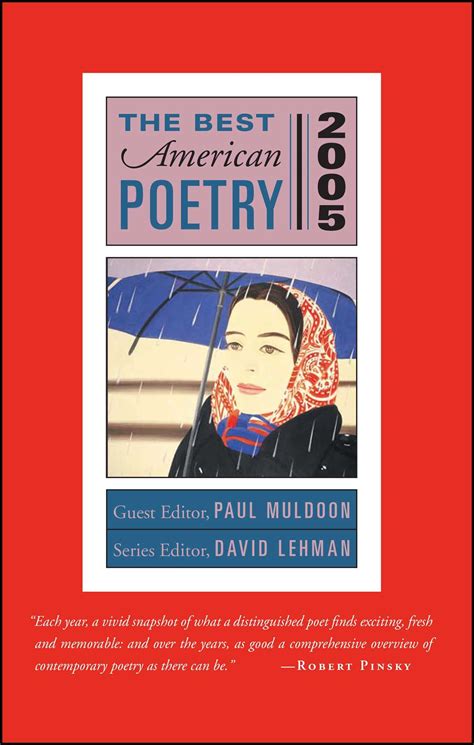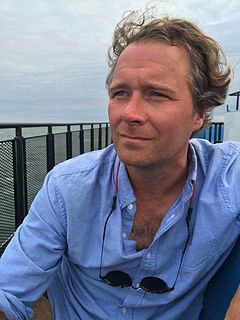A Quote by Billy Collins
I was influenced by the Beats because I actually just began to commit adolescence around 1955, when "Howl" and Rebel Without a Cause and a lot of other new things were popping up. (Again I'm trying to give you a finite version of this career.) And then I came under the sway of Wallace Stevens when I was in college and graduate school, and basically set as a life goal the ambition of writing third-rate Wallace Stevens. I thought I would be completely content if I was recognized at some later point in my life as a third-rate Wallace Stevens.
Quote Topics
Actually
Adolescence
Again
Ambition
Around
Basically
Beats
Because
Began
Came
Career
Cause
College
Commit
Content
Finite
Give
Goal
Graduate
Graduate School
Howl
Influenced
Just
Just Be
Later
Life
Life Goal
Lot
My Life
New
New Thing
New Things
Other
Point
Popping
Rate
Rebel
Recognized
School
Set
Some
Sway
Then
Things
Third
Thought
Trying
Up
Version
Were
Without
Would
Would Be
Writing
Related Quotes
Wallace Stevens had more time to write as an insurance agent. He was a bond lawyer and I know that insurance company lawyers don't have to do nearly as much as we had to do. We were out more in the production area. I'm not condemning Stevens for having had a better job than I did, but that's one of the many places where I differ from him.
I started moving away from poets like Wallace Stevens and Hart Crane and started reading poets like, again, Karl Shapiro, Howard Nemerov, Philip Larkin, and the British poets who were imported through that important anthology put together by Alvarez - and those would include Thom Gunn and Ted Hughes. And I think these poets gave me assurance that there were other ways to write besides the rather involuted style of high modernism whose high priests were Pound, Eliot and Stevens, and Crane perhaps.
Particularly when I thought of myself as a Wallace Stevens acolyte, I wrote very difficult poetry and I was really guilty of not knowing what I was talking about. I was going for a kind of clever verbal effect. I was trying to sound linguistically or verbally interesting. I had a sense, I guess, from just reading a lot of poetry of how a poem would start and how it would end but really I didn't know what I was doing. It had very little connection to my life.
I'm not an historian but I'll venture an opinion: Modern cosmology really began with Darwin and Wallace. Unlike anyone before them, they provided explanations of our existence that completely rejected supernatural agents... Darwin and Wallace set a standard not only for the life sciences but for cosmology as well.




































